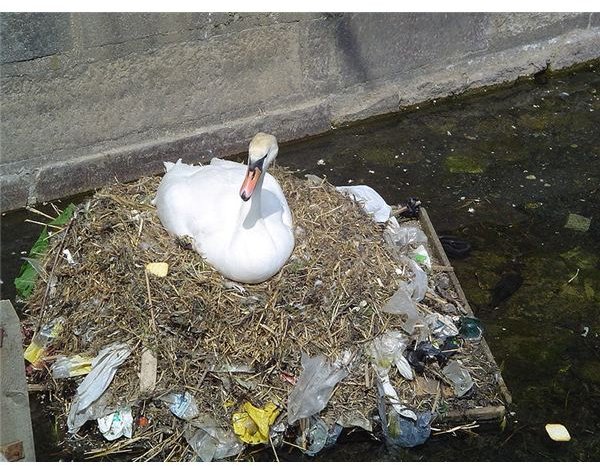Finding a Solution For Ocean Pollution: What Government and Citizens Can Do
Oceans take up a large portion of the earth’s surface, and were once seen as all-encompassing, limitless reservoirs, quite able to bear the brunt of unmitigated human activities and waste. This, however, is not true, as is becoming increasing apparent. Unless we find a viable solution for ocean pollution, we face the increasingly real scenarios of contaminated waters, devastated tracts of coral reefs, reduced marine populations and ill or mutant marine organisms.
High levels of pollutants are already being observed in the marine food chain, and this is matter of utmost concern, not just from the environmental point of view, but also from the effects of this on human health and well-being. Seafood is not just directly consumed by humans, but is also turned into feed for animal consumption, these animals or their products then finding their way onto the human food platter. If the seafood is contaminated to start with, the contamination is passed on to the human and animal consumers, leading to increased risks of poisoning, illnesses, behavioral problems and physical mutations.
It is obvious that urgent steps need to be taken to counter ocean pollution, to clean up the existing pollution and prevent future incidents.
What World Governments Can Do to Reduce Ocean Pollution
-
Cut down on plastic usage and ban plastic bags. Plastic never deteriorates and often gets swallowed by marine birds and animals, leading to their deaths.
-
Ban the dumping of residential, agricultural and industrial chemicals and waste into water sources. Everything that ends up in a flowing water source eventually ends up in the ocean.
-
Ban the dumping of sewage directly into the oceans.
-
Educate people about the causes, effects and prevention of pollution. Encourage citizens to recycle what they use, reduce the use of toxic materials and maintain their vehicles to reduce oil leakage and carbon dioxide emission.
-
Set up more stringent controls for coastal chemical factories, mining sites and other water-front industries.
-
Organize and assist agencies to clean up existing pollution.
What You Can Do to Reduce Ocean Pollution
-
Reuse plastic bags and recycle plastics. Don’t throw them away.
-
Cut down on the use of toxic household cleaners.
-
Don’t throw trash when you visit the beach, or when you go anywhere else, for that matter.
-
Make sure your vehicles and boats do not leak oil on the road or on the water. When it rains, this oil will of course be washed away and eventually, via streams, rivers or drains, find its way into the ocean.
-
For the same reason, do not flush medications and chemicals down the drain.
-
Cut down on the use of chemicals and fertilizers in your garden or on your farm.
-
Volunteer and participate in environment clean-up drives.
Be informed and aware of your impact on the environment. Everything you do and use has some bearing on your surroundings. Making intelligent choices and changes in the manner of your everyday living is perhaps the most effective solution for ocean pollution.
